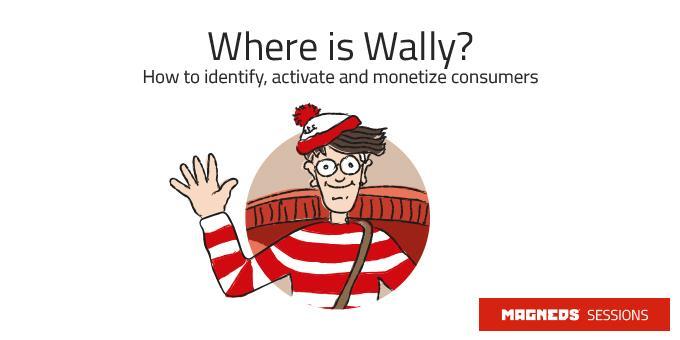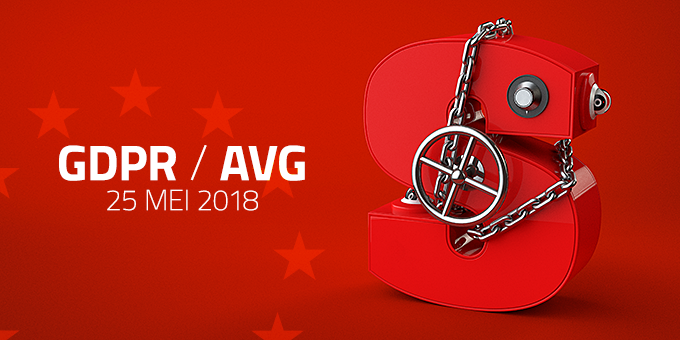The six universal principles of persuasion by Dr Robert Cialdini are partly based on personal observations of car dealers and telemarketers. Persuasion often has a negative connotation, especially in the context of a true salesman who won’t take no for an answer. It reminds one of deception, whereas as a company, you want to provide your customers with an optimal positive experience. How can you use Cialdini’s principles in order to offer long term added customer value? According to Cialdini, his principles of persuasion only work when you implement them in an ethical manner. When customers start to experience your communication as unethical, resistance will arise, with disastrous consequences. When applying Cialdini’s principles, bare your customer’s best interests in mind.
Reciprocity
Loyalty programmes are actually reciprocity programmes: the perception of your offer being valuable is rewarded with loyalty. Reciprocity means you have to keep offering value to existing customers: just like Starbucks with their My Starbucks Rewards, or ING with their ING Interest points. Whether you reward loyalty with free products, points, premium service or a badge, all that matters is that the relationship has to be valuable in the eyes of the customer. Something you achieve by giving first.
Liking
We like to do business with brands and companies we like. Likeability can be stimulated at any moment during the customer journey, but for a loyalty programme, the moment after the purchase is the most important one. A good example of this is Neiman Marcus who want to thank their most loyal customers with InCircle. They do so literally with a congenial message in which the extra points are of secondary importance.
Social Proof
Whether social proof takes the form of a congenial ‘tip a friend’ or the form of specific numbers, as is the case with Sanoma, social proof makes it easier for consumers to take decisions. That is why reviews are an important type of social proof: 90 percent of people are influenced by a review. Loyalty programmes can stimulate the amount of reviews by giving points or discounts.
Authority
In the Netherlands, authority quickly has a negative ring to it, even though it helps consumers with their choices and provides brands with a position to benefit from. Quality marks, links to research institutes, experts and reviews, provide your product or service with more authority which increases the value. That is why you should work on your authority throughout the entire customer lifecycle, so that your customers will experience a closer bond and will stay with you longer. Content marketing is a frequently used tool for thought leadership, for instance with SAP and their Business Innovation.
Scarcity
Scarcity generates demand. That is exactly why Bookings.com points out that there is only one room left available at the hotel you are looking at. Following the decision of the Reclame Code Commissie (the Dutch Advertising Standards Committee), the word ‘only’ had to be removed, but the negative sentiment remains. How can you positively implement scarcity? Many loyalty programme points never get cashed in by the customers. By including an expiration date, you give users an incentive to redeem their saved points. Additionally, you can reward loyal customers with limited editions, for example.
Commitment and Consistency
Signing up for a loyalty programme means committing to your brand. Loyal customers buy more: they made their choice and they are sticking to it. This principle especially works when someone’s commitment is disclosed publicly. Therefore, stimulate and reward the announcement of participations in your loyalty programme on social media, just like The Coca-Cola Company with their My Coke Rewards. Also, reward participants directly after signing up with free points to give them advancement by way of thanks for their commitment.
The Customer Comes
First Loyalty is about creating and maintaining long term relationships with your customers. They look at your added value, and Cialdini’s principles help increase that value. Combining his principles, scarcity and liking for example, is even more interesting. For instance: every hundredth participant who redeems points, receives a free voucher. This way, you introduce a game element, which on its turn will stimulate participation. Whichever way you apply Cialdini, always look at how you can offer more value to your customers.






